Alberto Tomba x FW25
Descubrir
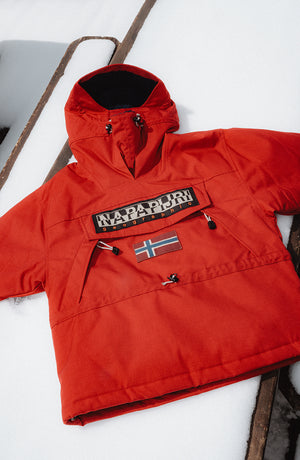
Regalos para él
Comprar ahoraDEVOLUCIONES AMPLIADAS hasta el 31 enero para pedidos realizados entre el 18 noviembre y el 31 diciembre
Envío gratuito a domicilio o a un punto de recogida para todos los pedidos













Alberto Tomba x FW25
Descubrir
Regalos para él
Comprar ahora
Chaquetas
Comprar ahora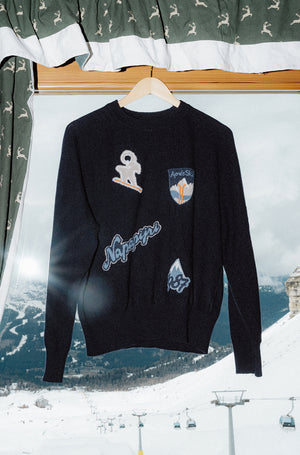
Regalos para ella
Comprar ahora
Chaquetas
Comprar ahora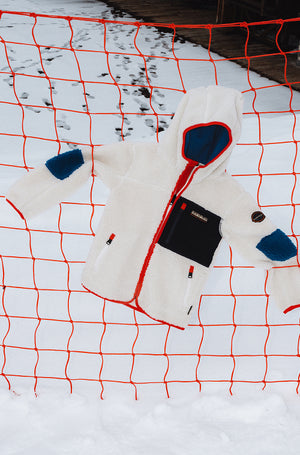
Regalos para niños
Comprar ahora
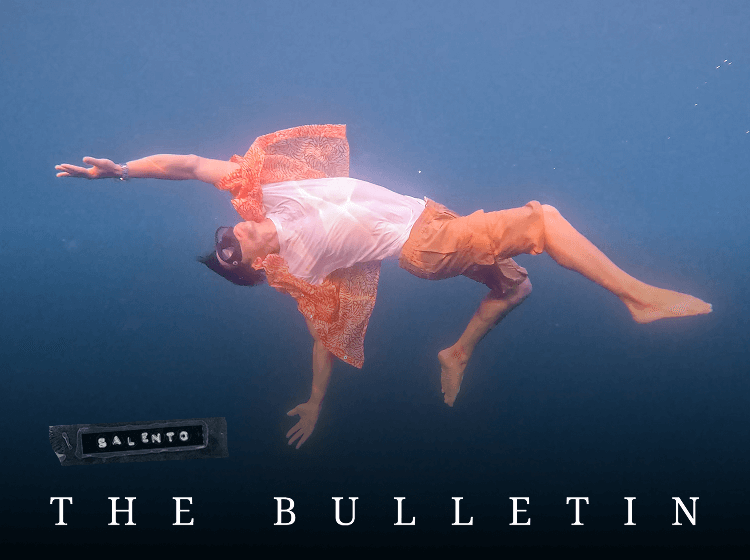
The Napapijri Bulletin is a monthly editorial project that tells the extraordinary stories of extraordinary people. Modern explorers, friends of the brand, cultural icons: each month, The Bulletin celebrates those who dare to abandon the known maps to chart unexpected territories.
Freediver, athlete and champion, Antonio was born in 1997 in Salento, a land almost completely surrounded by sea. Spurred on by his father and grandfather, he discovered the depths of the sea early on. Right from the start he embraced freediving more with curiosity than as a challenge, and this attitude stayed with him even when the medals and records began to arrive. Diving, training and competing in the world's most beautiful places give him experiences and an awareness that few other athletes have at his age. We could listen to him speak about his relationship—and ours—with the underwater world all day long.
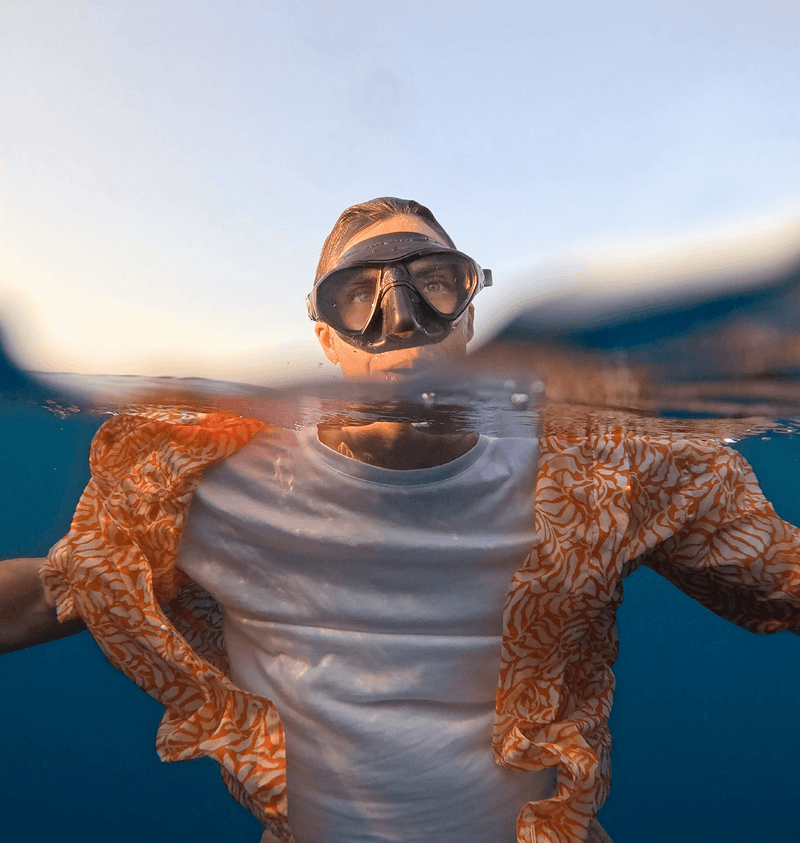
What attracted you to depth?
I've been captivated by it since childhood. What fascinated me was not only the sea, but beneath the surface there was silence, slowness, that moment when everything stops. In the depths I found a sense of peace that I had never experienced elsewhere.
People say that for a freediver, every dive in the sea is first and foremost a dive within oneself, is that right?
Every dive is a direct confrontation with who you are at that moment, without masks. In the depths you're alone with yourself. The liquid universe forces you to face who you are, not just who you want to be.
And what is your relationship with the underwater world that often holds unexpected encounters?
Respect and surprise. I never go to sea expecting something, but each time I return enriched by an encounter: a fish or a microorganism I have never seen, a hidden wreck, the dance of light on the sand. Down there you are not the master of the house and cannot control everything: this teaches you the art of acceptance.

What attracted you to depth?
I've been captivated by it since childhood. What fascinated me was not only the sea, but beneath the surface there was silence, slowness, that moment when everything stops. In the depths I found a sense of peace that I had never experienced elsewhere.
People say that for a freediver, every dive in the sea is first and foremost a dive within oneself, is that right?
Every dive is a direct confrontation with who you are at that moment, without masks. In the depths you're alone with yourself. The liquid universe forces you to face who you are, not just who you want to be.
And what is your relationship with the underwater world that often holds unexpected encounters?
Respect and surprise. I never go to sea expecting something, but each time I return enriched by an encounter: a fish or a microorganism I have never seen, a hidden wreck, the dance of light on the sand. Down there you are not the master of the house and cannot control everything: this teaches you the art of acceptance.
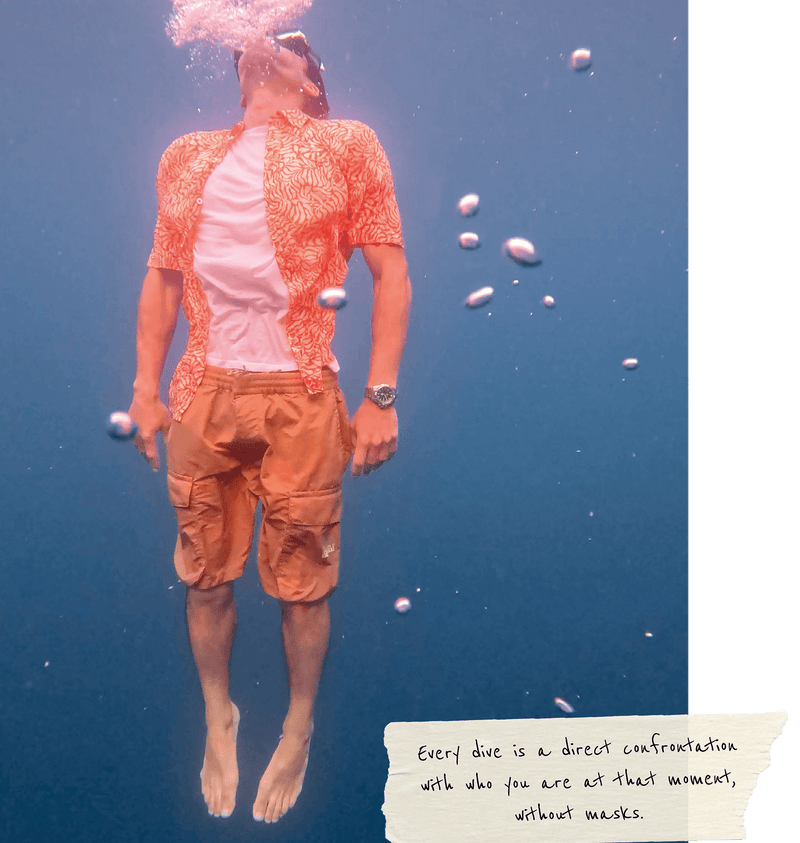

Does freediving make you live differently out of the water, in nature on dry land?
Freediving changes your rhythm of life, as you learn to slow down, to make space, to remove the superfluous. This slowness stays with you, you become aware of otherwise invisible details. You live on another level of sensitivity and connection with nature and its processes. Everything is more intense: the sounds of the forest, the wind on a leaf, as well as the people around you and their behaviour.
Do you have your own special place where you like to dive?
It's not always the same. I feel that I'm in the right place whenever I sense that the sea is listening to me. It can happen in the deep sea in front of my house in Calabria or in Salento. It's not the depth that matters, but that invisible connection I make with the water that day.
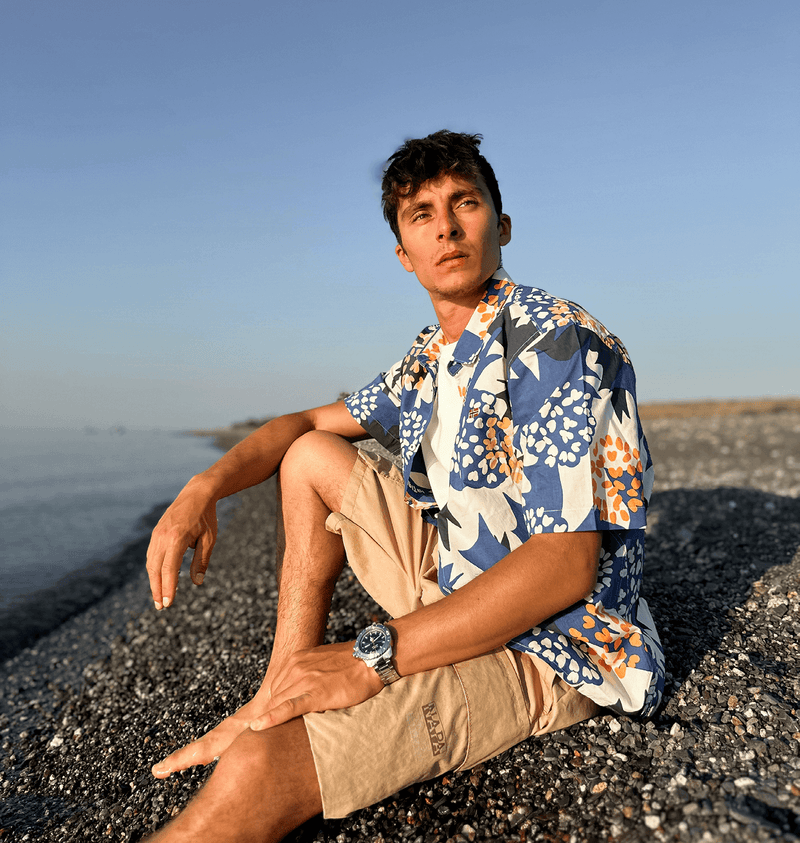
Do you feel that the sea is a threatened ecosystem? On an individual level, do you think there's a behaviour we should all adopt?
Every year I notice slow but visible changes. The sea is asking for more attention and less noise. I believe that each of us can do our part: leave no trace, consume less, but above all go back to looking at the ocean with respect, as a world that welcomes us but does not belong to us.
What would you first tell a child about the sea?
I would tell them that it's like an ancient voice that tells you stories without speaking. And that to understand them, you have to learn to listen with your whole body, not just your ears. It's a world that teaches you to be curious, but also to be kind.

Do you feel that the sea is a threatened ecosystem? On an individual level, do you think there's a behaviour we should all adopt?
Every year I notice slow but visible changes. The sea is asking for more attention and less noise. I believe that each of us can do our part: leave no trace, consume less, but above all go back to looking at the ocean with respect, as a world that welcomes us but does not belong to us.
What would you first tell a child about the sea?
I would tell them that it's like an ancient voice that tells you stories without speaking. And that to understand them, you have to learn to listen with your whole body, not just your ears. It's a world that teaches you to be curious, but also to be kind.
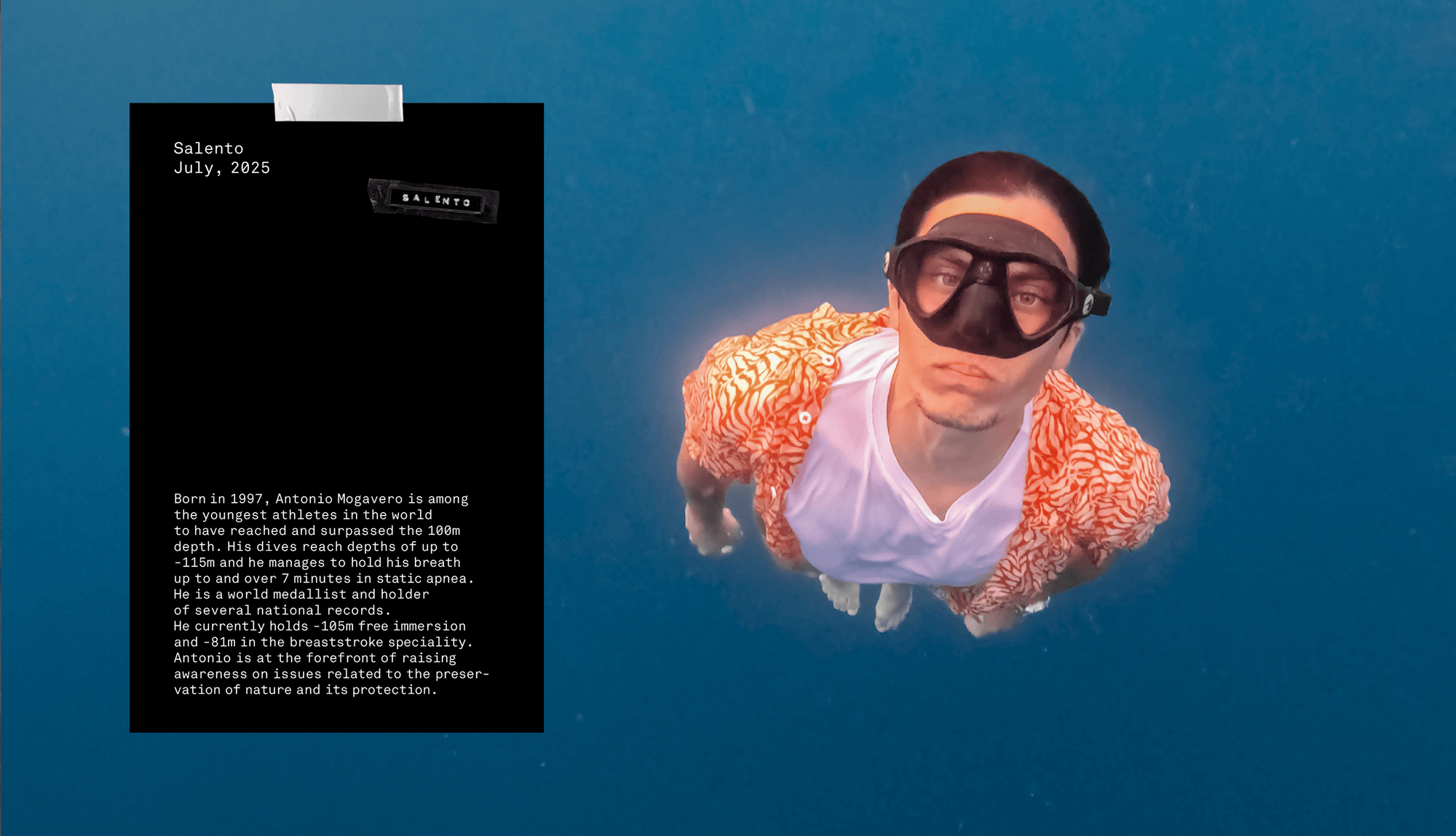
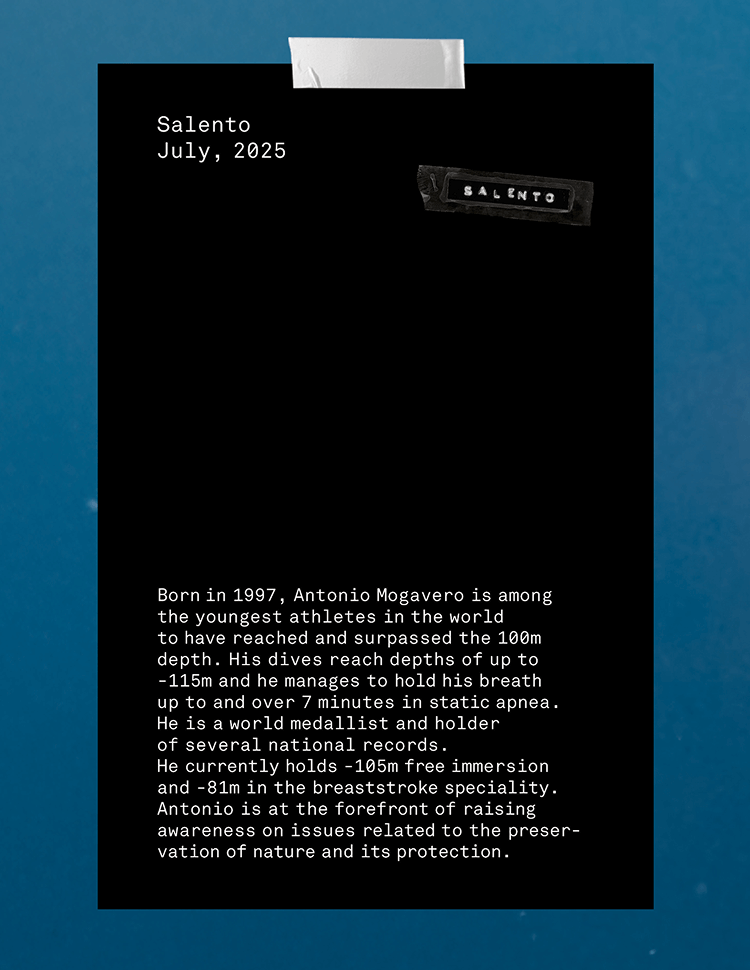
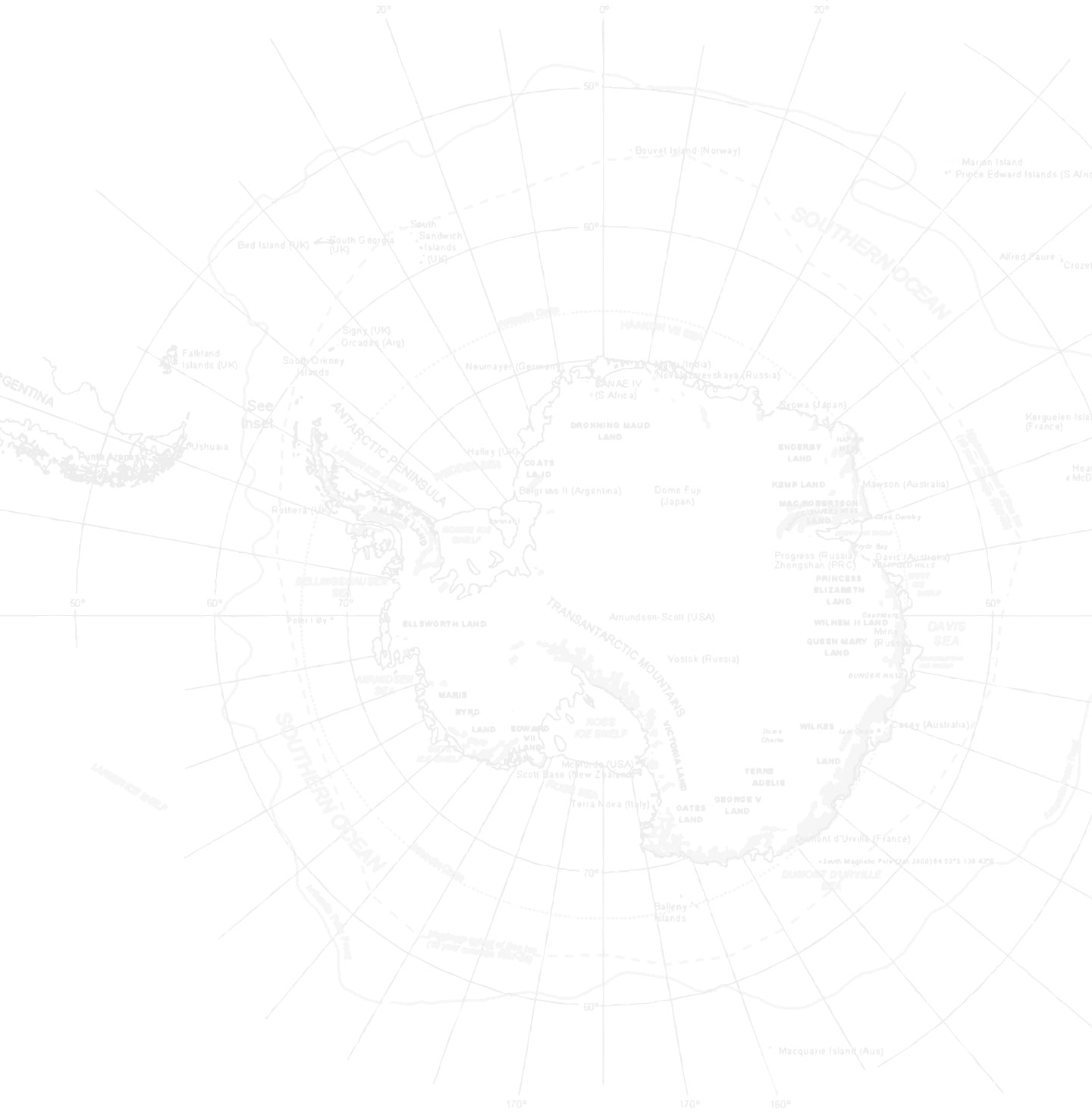
No products available.
Tu cesta está vacía
Seguir comprando
Suscríbete a nuestra newsletter
Verifique su bandeja de entrada para recibir un correo electrónico que contenga su 20% de descuento en el Código promocional.
Disculpa, este e-mail ya existe, inténtalo con otro distinto.